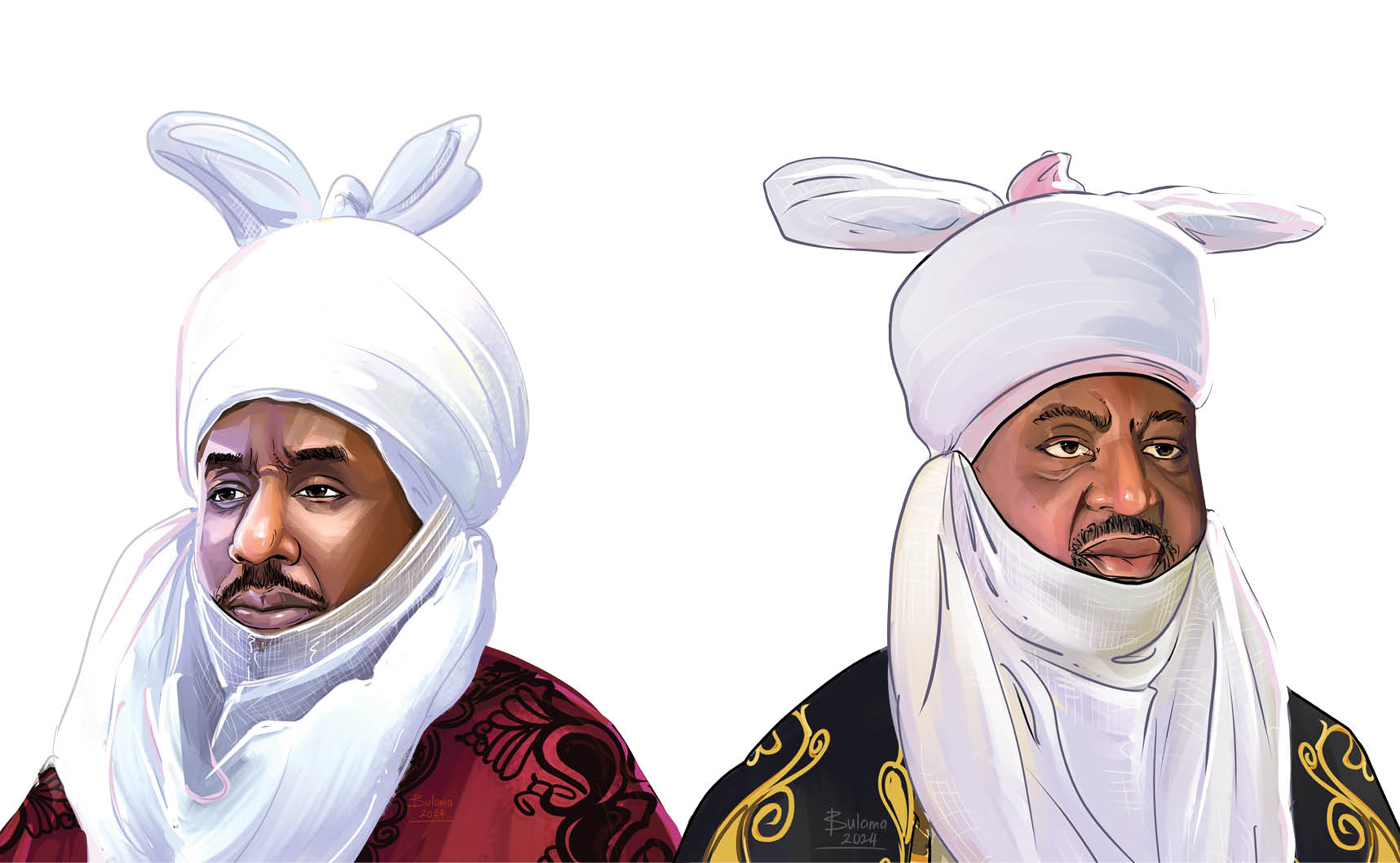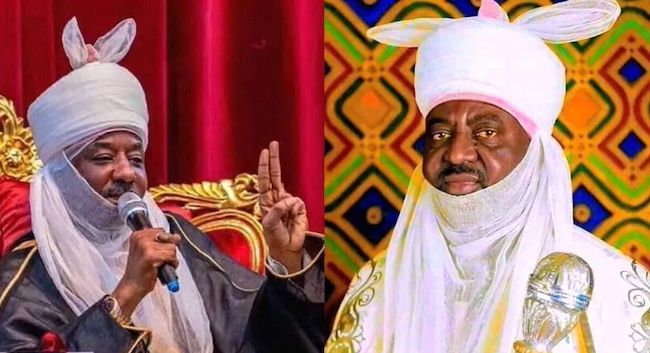The ongoing legal dispute surrounding the Kano Emirates Council Repeal Law 2024 is a complex issue with significant legal, political, and social implications for Kano State, Nigeria. At its core, this legal battle revolves around the power struggle over the authority to create and dissolve emirates, which are traditional leadership structures deeply rooted in Kano’s cultural and historical fabric.

The primary contention in this legal saga is whether the Federal High Court has the jurisdiction to adjudicate what some argue are matters solely within the purview of state law. This debate hinges on interpretations of Section 251 of the 1999 Constitution of Nigeria, which outlines the scope of federal judicial powers. Opponents of the Federal High Court’s involvement argue that issues concerning traditional leadership fall under the exclusive jurisdiction of state courts, emphasizing the need to respect the autonomy of states in managing their internal affairs.
The legal challenge was initiated by Aminu Babba Danagundi, a kingmaker in the former Kano emirate, who challenged the constitutionality of the Kano Emirates Council Repeal Law 2024. This law, enacted by the state governor, Abba Kabir Yusuf, resulted in the dethronement of the 15th Emir of Kano, Aminu Ado Bayero, and the reversal of the creation of four emirates (Bichi, Rano, Karaye, and Gaya) by the previous governor, Abdullahi Umar Ganduje. Additionally, the law reinstated Muhammadu Sanusi II as the 16th Emir of Kano, who had been dethroned by Governor Ganduje in 2020.
Legal proceedings have been contentious, marked by procedural motions and appeals. The state government, represented by the Attorney General of Kano State, has vigorously defended the law’s constitutionality, arguing that it falls squarely within the legislative authority of the state and does not infringe upon federal jurisdiction as asserted by the plaintiffs.
Politically, the dispute has not only brought divisions within Kano State but has also become a platform for broader political rivalries. The involvement of political parties like the New Nigeria People’s Party (NNPP) and the All Progressives Congress (APC) has further complicated the issue. These parties have framed the legal battle within their respective narratives of governance and legitimacy, accusing each other of manipulating judicial processes to gain advantage. Such politicization has detracted attention from pressing societal issues such as security challenges and economic development, which are critical concerns for the residents of Kano State.
Socially, the dispute has evoked strong sentiments and loyalties tied to traditional institutions and leadership. The reinstatement of Emir Sanusi II and subsequent legal challenges have sparked public demonstrations and debates, reflecting the deep-seated significance of emirate leadership in Kano’s social fabric. The heavy deployment of security personnel around court proceedings underscores fears of potential unrest and underscores the broader implications of the legal dispute on social stability.
Beyond the immediate legal and political ramifications, the practical implications of the dispute on governance and stability in Kano are substantial. While leaders debate over emirate structures, essential governance functions, including service delivery, infrastructure development, and community welfare, risk being overshadowed. The prioritization of legal battles over critical governance issues raises questions about the effectiveness of leadership and its ability to address the multifaceted challenges facing Kano State.
Moreover, the dispute has raised fundamental questions about the rule of law and the independence of the judiciary in Nigeria. The perception of judicial impartiality and adherence to constitutional principles is crucial for fostering public trust in the legal system and ensuring equitable resolution of disputes. The manner in which courts handle sensitive cases like the Kano Emirates Council Repeal Law 2024 will have lasting implications for the integrity of Nigeria’s legal framework and its capacity to uphold constitutional rights and freedoms.
As the legal proceedings continue, stakeholders—including political leaders, legal experts, civil society organizations, and the wider public—must prioritize dialogue, respect for due process, and adherence to constitutional norms. Transparent and fair resolution of the dispute is essential not only for restoring peace and stability in Kano but also for upholding the principles of democracy and governance across Nigeria.
While the Kano Emirates Council Repeal Law 2024 has ignited a complex legal and political storm, its resolution must ultimately prioritize the welfare and interests of the people of Kano. By navigating this dispute with integrity, respect for legal processes, and a commitment to justice, Nigeria can reinforce its democratic institutions and foster inclusive governance that addresses the diverse needs of its citizens.
Victoria Ibiama




